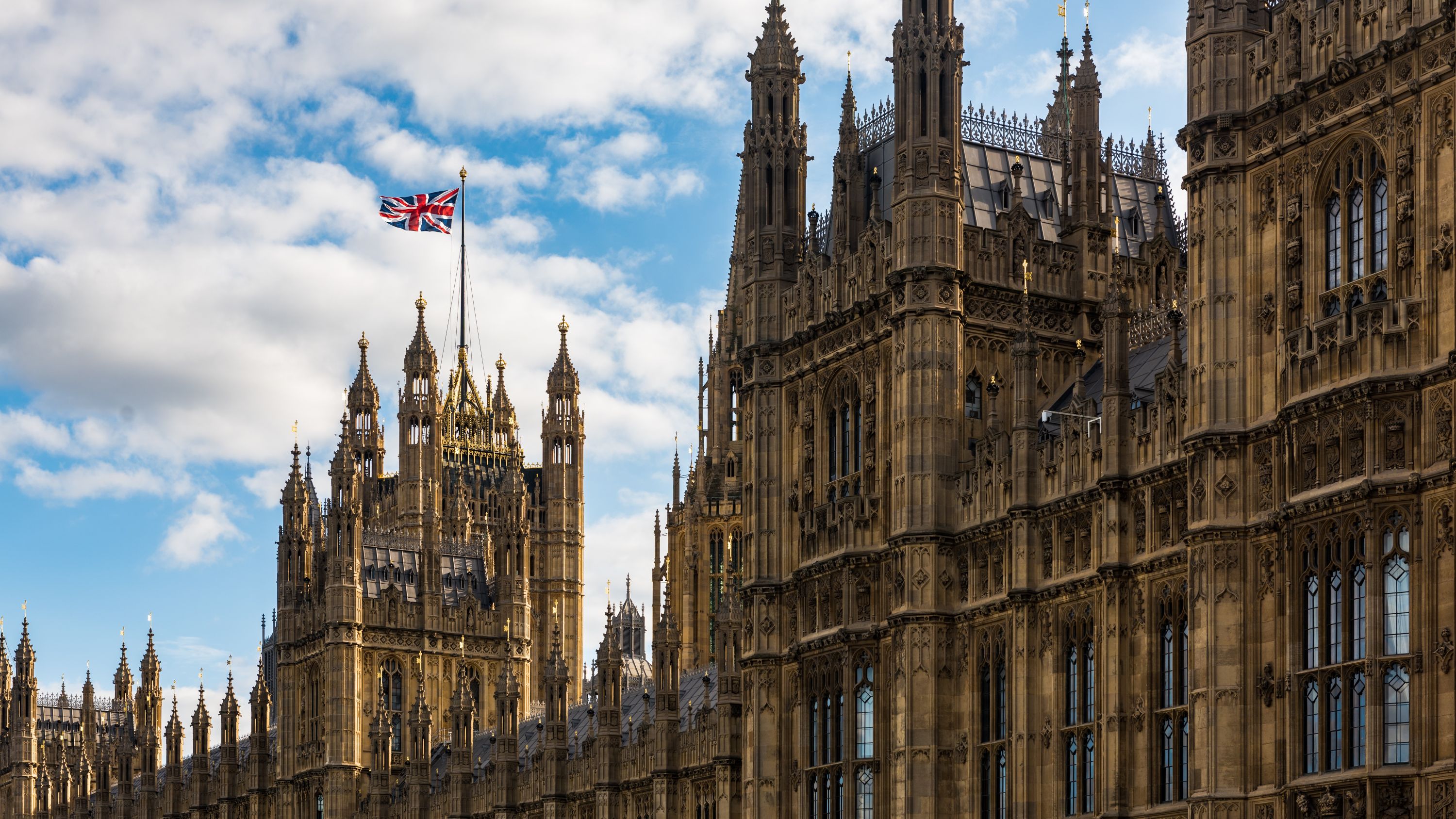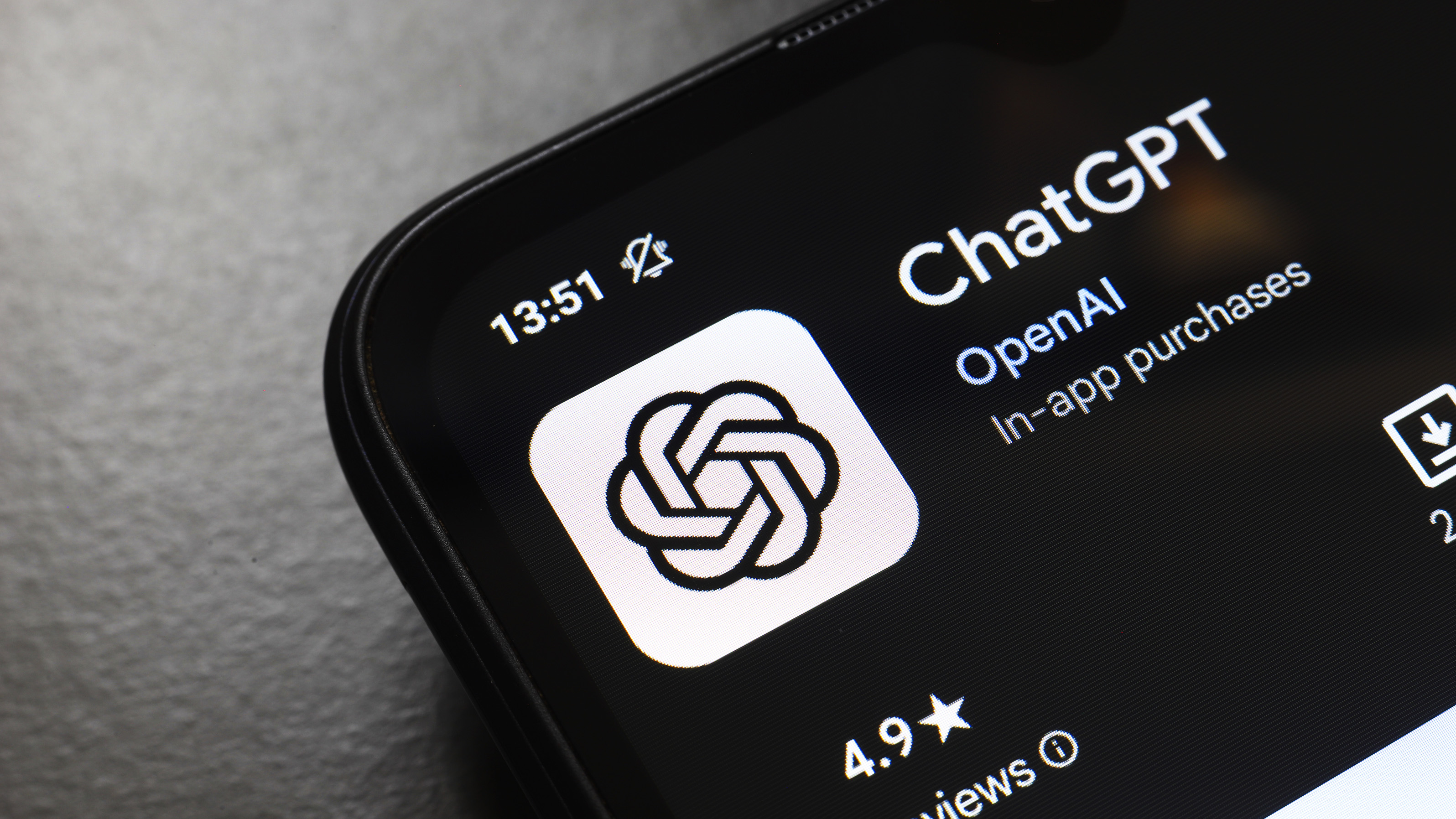Developer Offer
Try ImaginePro API with 50 Free Credits
Build and ship AI-powered visuals with Midjourney, Flux, and more — free credits refresh every month.
British Politicians Accused Of Using AI For Speeches
Concerns over the overuse of AI-generated content, often called "AI slop," have now reached the esteemed halls of the British Parliament. A recent investigation suggests that Members of Parliament (MPs) may be increasingly turning to tools like ChatGPT to write their speeches, sparking a debate about authenticity and representation.

The AI Telltale Sign in Parliamentary Records
An investigation by the Pimlico Journal, later reported by The Telegraph, uncovered a significant rise in the use of phrases commonly associated with AI language models within parliamentary speeches. One phrase, in particular, has drawn attention: "I rise to speak."
While this phrase was first used in the House of Commons nearly two centuries ago, its recent frequency is notable. So far this year, it has been recorded 635 times, a steep increase from 231 instances in all of 2024. This spike coincides directly with the widespread adoption of generative AI tools.

A Voice of Dissent from Within
The practice has not gone unnoticed by fellow politicians. Conservative MP Tom Tugendhat openly criticized the trend, pointing out that "I rise to speak" is an Americanism not traditionally common in British parliamentary discourse, making it a likely indicator of AI assistance.
In a statement to the House of Commons, Tugendhat expressed his frustration:
“All we hear from government members in ChatGPT-generated press releases is ‘I rise to speak’, ‘I rise to speak’, ‘I rise to speak’. ChatGPT knows you are there. That is an Americanism that we do not use. Still, they should keep using it, because it makes it clear that this place has become absurd.”
He continued his critique on social media, questioning the integrity of colleagues who rely on AI. He argued, "If you can’t make an argument without the whips giving you the question or ChatGPT turning a handout into a speech, who are you representing? Clearly not the electorate," as seen in a post on X.
The Question of Representation
The core of the issue extends beyond political affiliation. MPs are elected to be the voice of their constituents. When that voice is replaced by lines generated by an algorithm, it raises serious questions about the authenticity of their representation.
While AI may have a place in administrative tasks to streamline an MP's workload, using it to generate speeches delivered in the House of Commons can be seen as a dereliction of a fundamental duty. The words spoken in Parliament should reflect the genuine beliefs and arguments of the representative, not the output of a language model. Ultimately, AI cannot represent the people; that is a responsibility reserved for the individuals elected to serve them.
Compare Plans & Pricing
Find the plan that matches your workload and unlock full access to ImaginePro.
| Plan | Price | Highlights |
|---|---|---|
| Standard | $8 / month |
|
| Premium | $20 / month |
|
Need custom terms? Talk to us to tailor credits, rate limits, or deployment options.
View All Pricing Details

